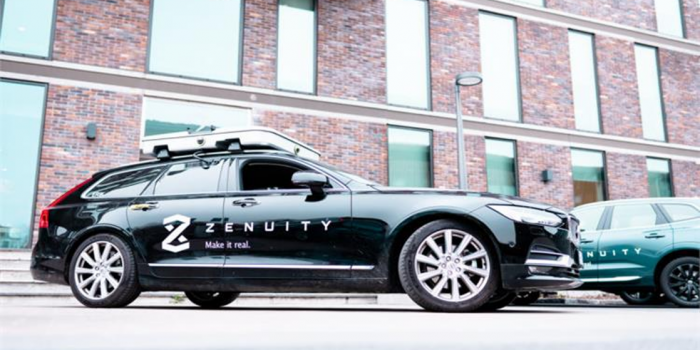Since Zenuity, a joint venture between Volvo Cars and Veoneer announced collaborating with CERN to enable self-driving cars to make better decisions faster and thus avoid collisions, autonomous or self-driving vehicles are expected to significantly reduce the number of road accident fatalities in the future.
CERN also requires quick and efficient decision-making when analyzing the millions of particle collisions produced in the Large Hadron Collider (LHC) detectors when it comes to recording data from collisions.

This collaboration aimed to accelerate and improve deep-learning techniques by focusing on “computer vision,” which aids the car in analyzing and reacting to its surrounding environment.
“Deep learning has strongly reshaped computer vision in the last decade, and the accuracy of image-recognition applications is now at unprecedented levels. But the results of our research with CERN show that there’s still room for improvement when it comes to autonomous vehicles,” says Christoffer Petersson, Research Lead at Zenseact.

Field-programmable gate array (FPGA) chips were selected as the hardware baseline for handling computer vision applications. FPGAs are reconfigurable integrated circuits that can run sophisticated decision-making algorithms quickly.
The researchers discovered that the FPGA could accommodate substantially more functionality by making the most of already available resources. The best element is that jobs could be completed with excellent accuracy and little latency, even on a processing unit with low computational resources.

“Our work together elucidated compression techniques in FPGAs that could also have a significant effect on increasing processing efficiency in the LHC data centers. With machine-learning platforms setting the stage for next-generation solutions, future development of this research area could be a major contribution to multiple other domains beyond high-energy physics,” says Maurizio Pierini, Physicist at CERN.


